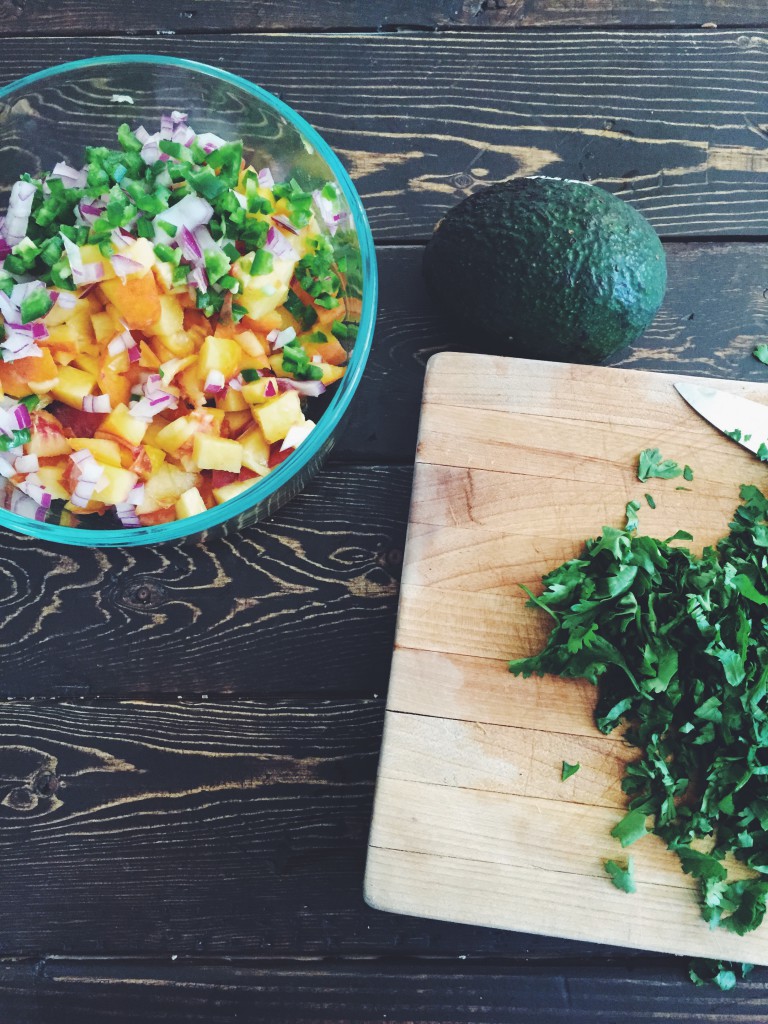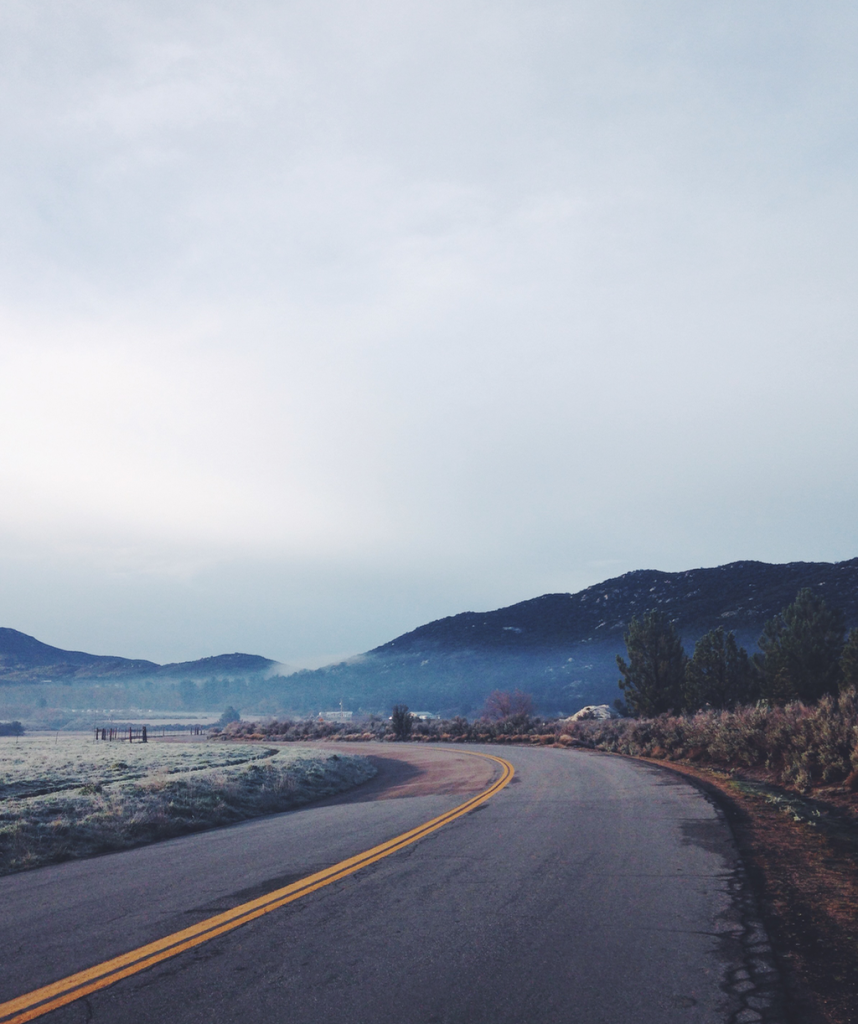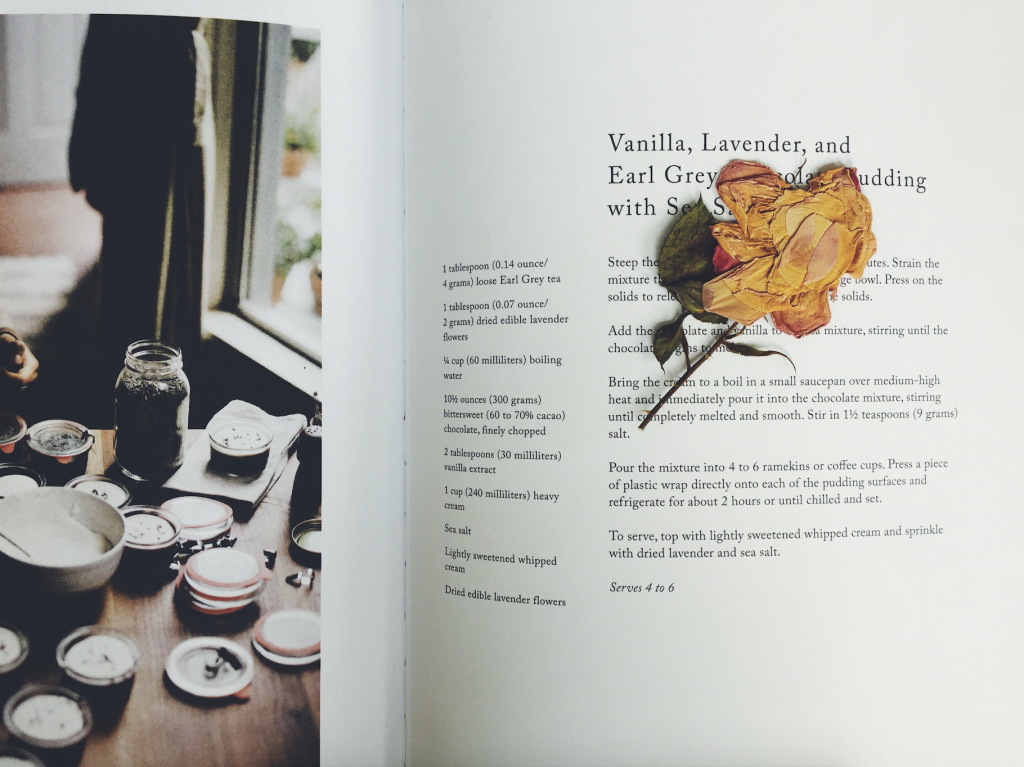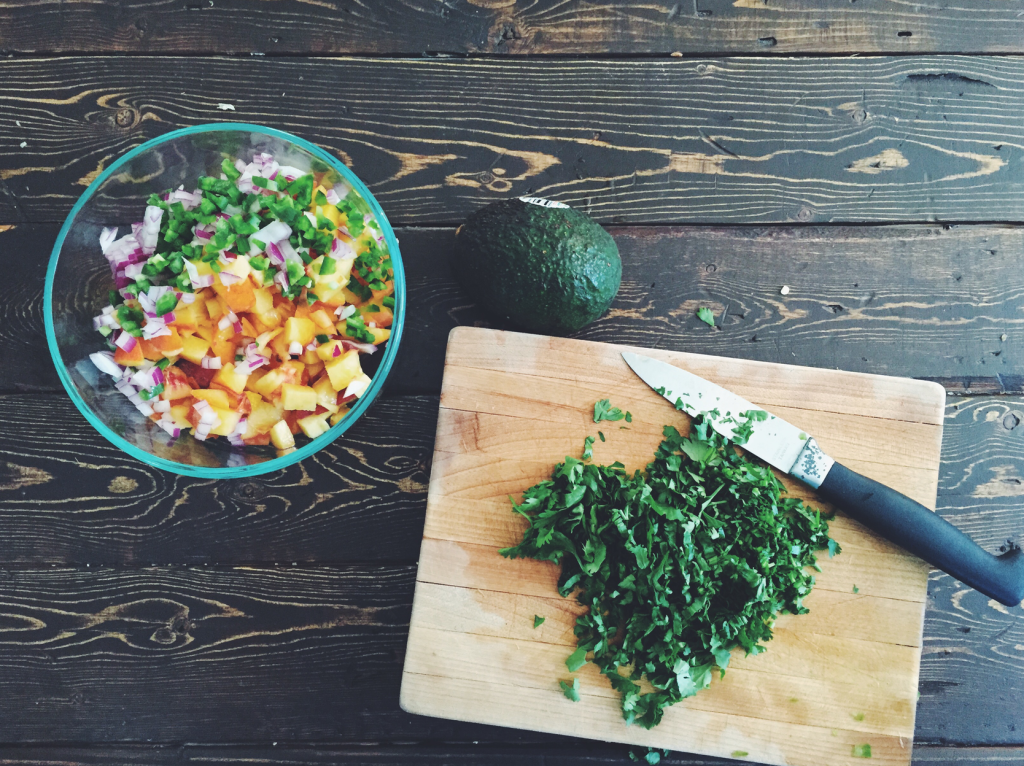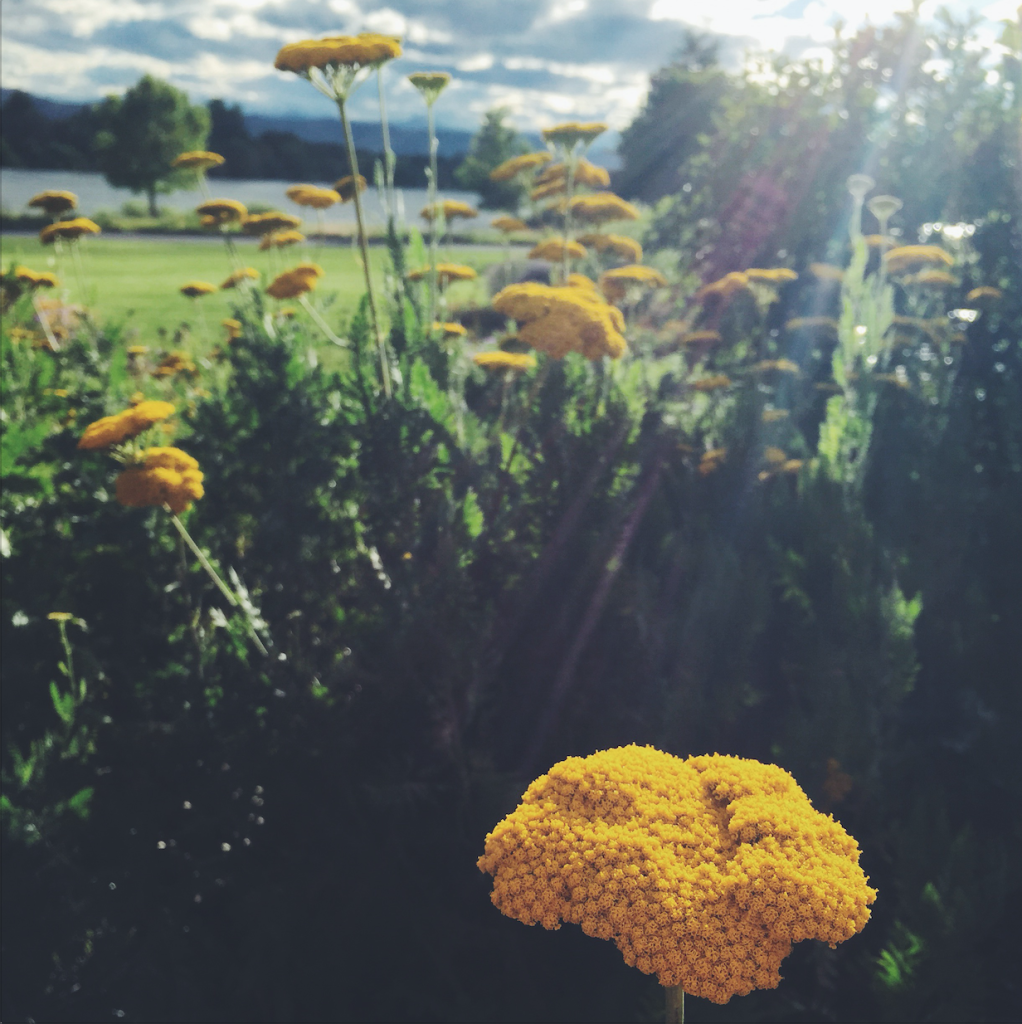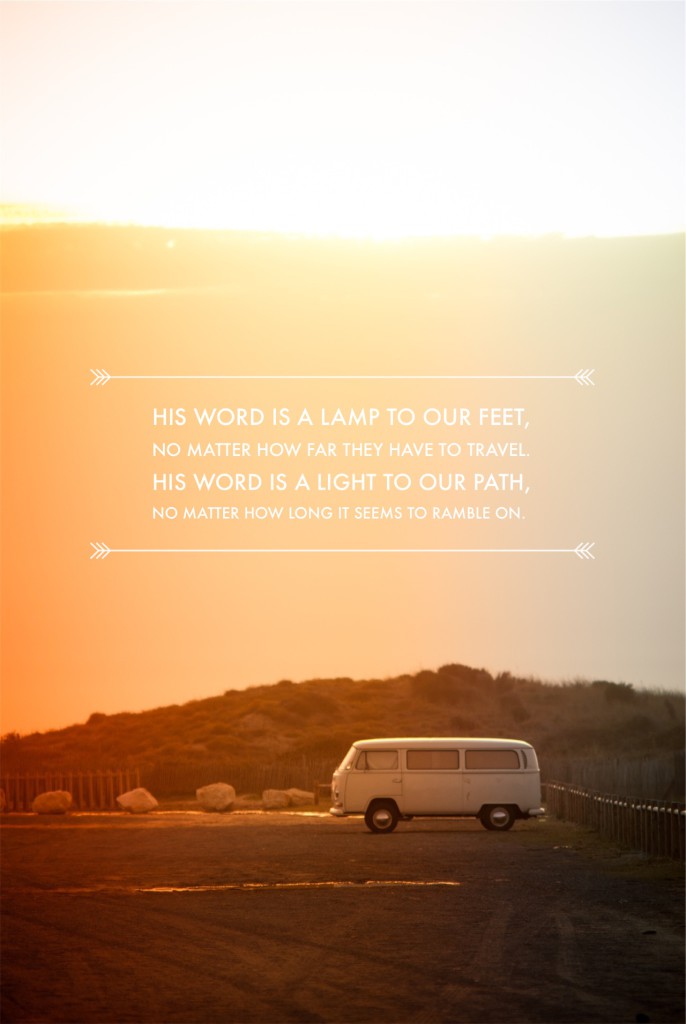Submitting to Dust: Permission to Say "I can't"
The man and I have embarked on another Whole 30 journey (my fifth, his first-ish). Somehow getting engaged, married, moving, buying a house, and trying to breathe wrecks any semblance of order when it comes to eating routines. The act of limiting our food supply for 30 days to meats, fruits, and vegetables is necessary, good, and also a great opportunity to submit ourselves to one another and our limitations every single freaking day. Eating itself is an act of submission. Our bodies were created to need constant sustenance. We cannot live without submitting to our need for food. This is how it is with everything though, right? In every direction we are submitting to our limitations.
What we have found in the past two weeks is that I have felt better and better and he has felt worse and worse. It all came to a head on Monday night. There were tears, there was not anger, there were frustrations, there was not yelling. My body functions best on fruits, vegetables, and meats. He functions best on a lot of carbohydrates, sugar, and energy bursting drinks and foods. I have found myself submitting to his need for lots of those things over the past six months and now he finds himself submitting to my need for none of those things over the past few weeks.
Have you ever had two sinners in a room together submitting to one another’s limitations?
I don’t like submitting to my limitations and I like even less submitting to his limitations, but what I really find difficult is the knowledge that as I submit to my limitations, it requires others to submit to my limitations as well.
Here is where I’m going with this: Admitting my limitations is difficult. I want to be the best at everything I do, I don’t like being limited in my time, my energy, my emotions, my brain capacity. I want to give everything I have to all people all the time.
But knowing that in my submission to my limitations (No, I can’t answer every email. No, I can’t teach that class. No, I can’t be best friends with everyone. No, I can’t meet with you at this time. No, I can’t be everywhere and all things at once.), it requires others to submit to my limitations, this is the rub. This is the difficult thing for me.
On Monday night I put it out on the table: “Let’s quit Whole 30, Nate. Let’s just scrap it, it’s okay, I’ll buy pasta, pastries, Sour Patch Kids, whatever you want. I want you to be full of energy and joy again!” But my wise and gentle husband, even in his weary state, responded with, “No, this is good.”
It is good to submit ourselves one to another. To physically bend to another person’s insufficiencies and their limitations. To acknowledge that no one is capable of everything and everyone is only capable of what they can do. Submitting to Jesus means submitting to my insufficiency, it means submitting to my inability to save myself or save anyone else, it means submitting to the demands of life (laundry, dishes, finances, kids, work, singleness, etc.). And it also means others must sometimes submit to my limitations.
We should hear people say, “No, I can’t do that because I am limited by my time, my energy, my family, etc.” more often in the church. And we should give people permission to say no more often. We give them permission by encouraging them to say “Yes” to the things God has called them to. We are not to love the things of this world, but love does indeed call us to the things of this world. When the world truly sees us loving that to which we’ve been called, we pray they would submit to their blessed limitations and Christ’s blessed sufficiency.
Eat food this week, friends, and praise God for your limitations. Preach the gospel to yourself this week by remembering you are dust.

